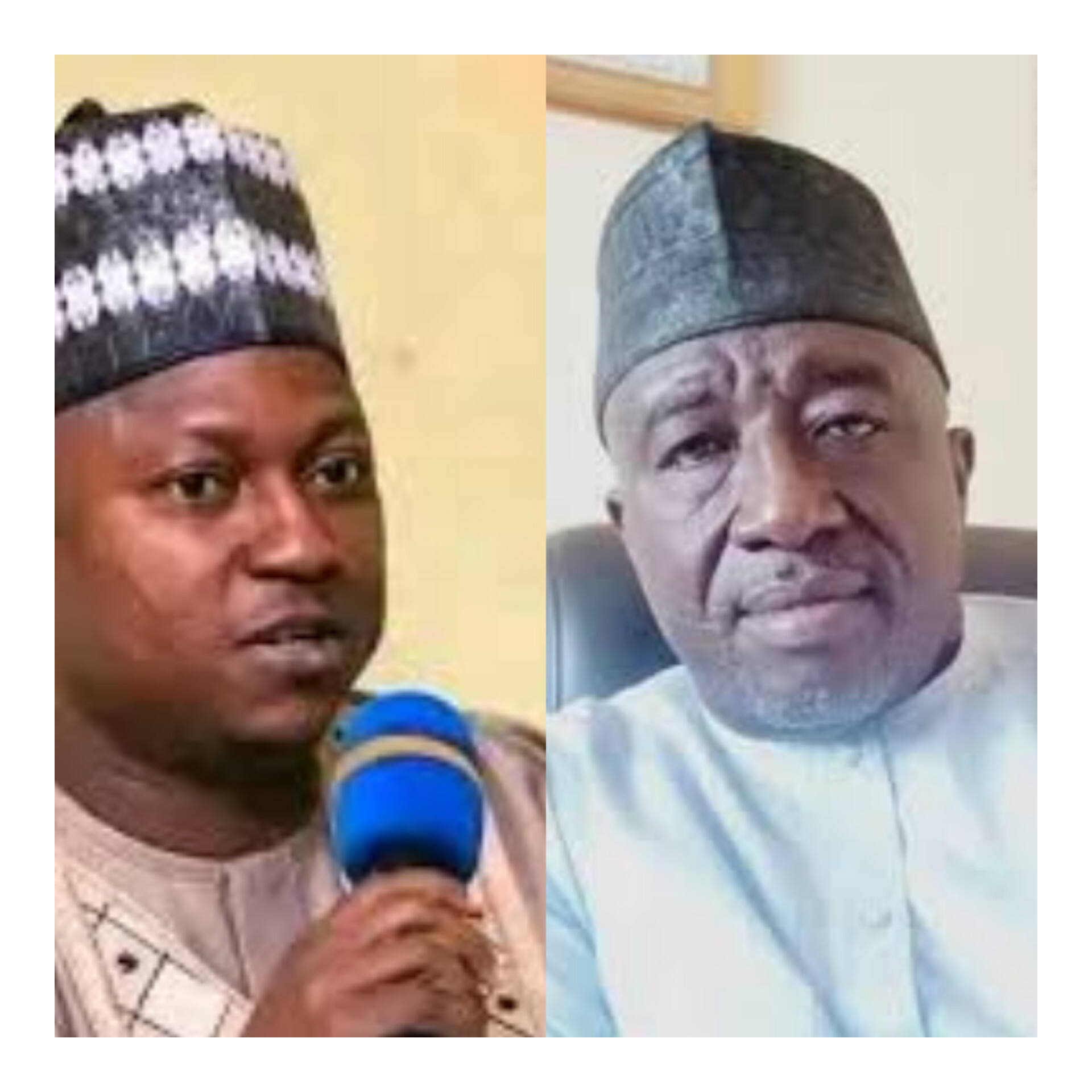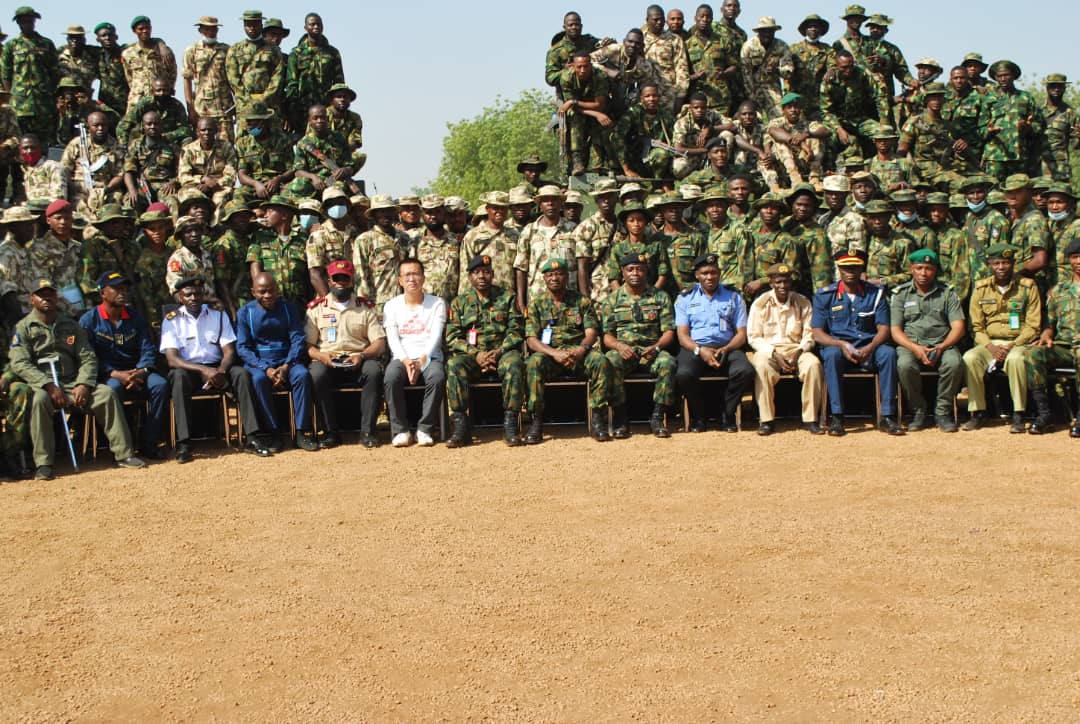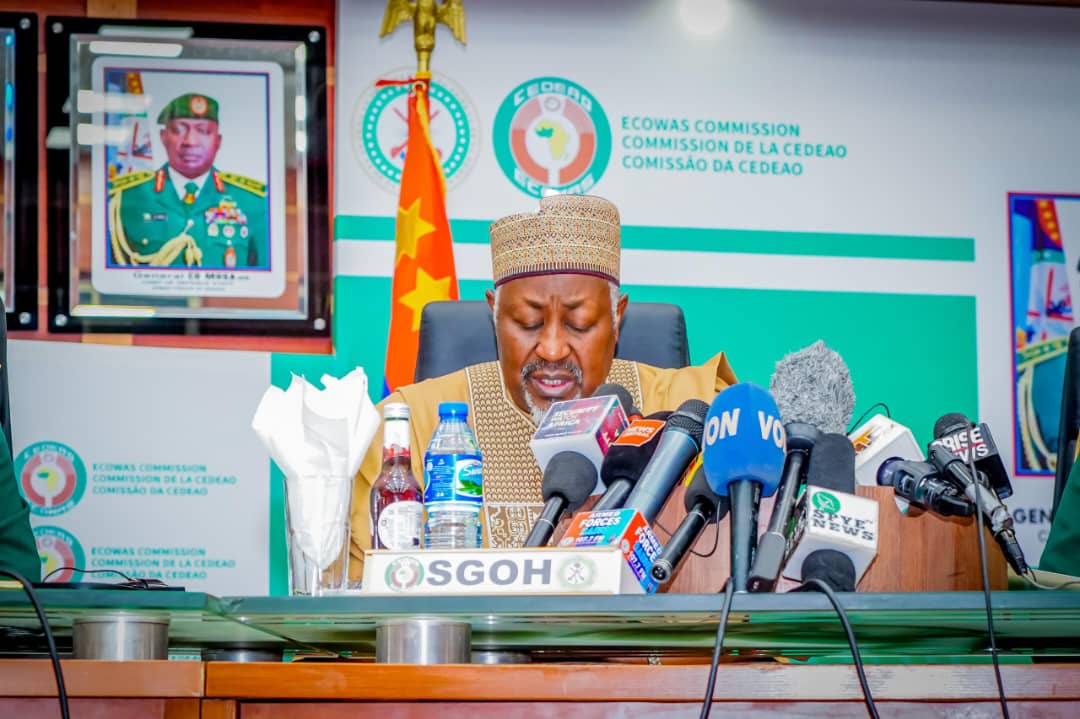By Friday Idachaba, Lokoja
Rector of Kogi State Polytechnic, Lokoja, Dr. Salisu Ogbo Usman, has advocated for the adoption of of multi-disciplinary approach in conducting research and policy prescription as cardinal for maintaining national cohesion, security and good governance in Nigeria.
Dr Usman made the call at the Second National Conference of the School of General and Administrative Studies, Federal Polytechnic, Idah.

He indicated that adoption of such approach had become necessary owing to the prevalence of acts of terrorism, endemic poverty, unemployment, ethnic and religious tension and general lack of trust.
These, he said, now constitute serious threat to socio-economic stability and national security.
Dr Usman who was the Lead Speaker at the Conference, said any society that is committed to cooperation and understanding its diversity, creates a platform for economic growth and development.
“It also reduces exploitation and ensures freedom of actions, equity and justice and it is certainly, on the path of good governance, and invariably a reference point in the maintenance of peace and security.”
According to him, understanding the institutional framework that will ensure effective governance in Nigeria would require a transparent and accountable government that is responsive to the needs of its citizens.
The Rector stressed that all academic disciplines had crucial roles to play in ensuring good governance and security.
He therefore, called on scholars at the Conference to interrogate issues that border on ethnic, religious, class, gender and economic harmony.
Dr Usman added that doing so would provide a framework for policy prescription that could drive the country forward.
All fields of study, he added, required a synergy that promotes transparency, accountability, security and economic growth in the overall interest of the nation.
Earlier in his keynote address, Dr B.Y. Usman, Rector of Federal Polytechnic Idah, had posited that governance that could lead to sustainable development would be attainable only when security is assured.
He stressed that to counter the
rising security challenges in the country, newer and novel approaches were required to evolve solutions that would address them from the roots for lasting impact.
The Rector described insecurity as a “wicked problem” capable of incubating and giving rise to other problems such as poverty, drug abuse, decimation of the nation’s population and educational system disfunction among others.
Dr Ali Mohammed Attai, Dean of School of General and Administrative Studies, commended the various speakers for making plausible options available to Nigeria in the bid to find workable solutions to the challenges of Governance and Security in the country.
The Conference themed: “A Multi-Disciplinary Approach to Governance and Security in contemporary Nigeria” which commenced on Tuesday, at the Judith Attah Lecture Theater of the Polytechnic was rounded off on Thursday.



